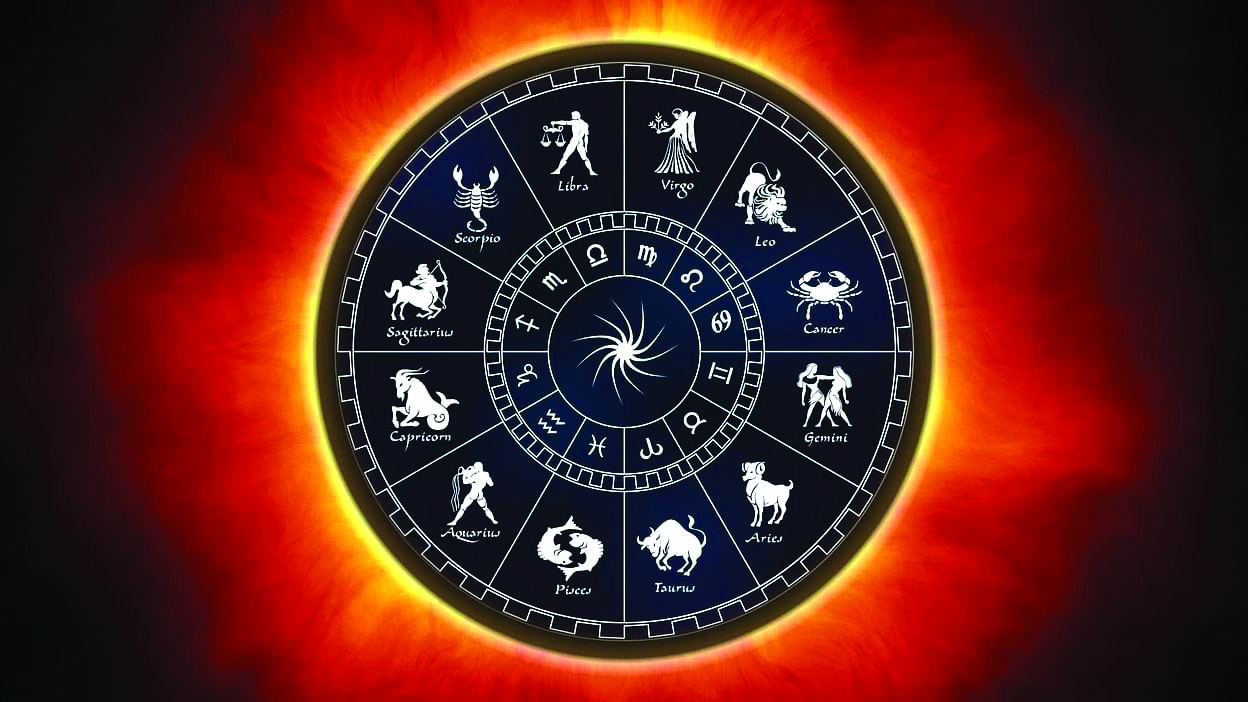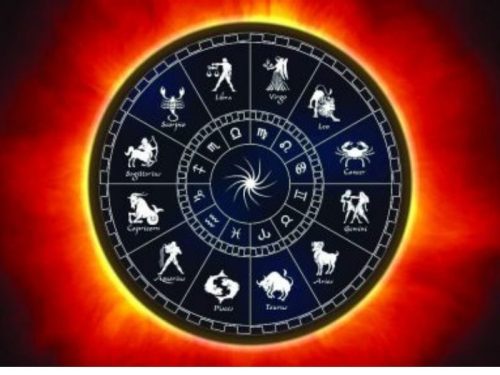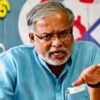Stars augur well for astrologers: careers in astrology
Reading the position of stars and planets and interpreting their influence on human beings has become a lucrative vocation for millions of professional and amateur astrologers in India

The formal teaching and learning of astrology received a boost with the UGC approving certificate, diploma, undergraduate, postgraduate, and Ph D study programmes in jyotishvigyan in 2004. Though the introduction of astrology as a degree level study programme in Indian universities by Dr. Murli Manohar Joshi, former Union minister of human resource development, aroused the ire of intellectuals and contributed to his ignominious defeat at the hustings, there is no gainsaying that there is widespread acceptance within Indian society in particular, of the science that is astrology. Like ancient emperors and potentates who governed according to astrological advice based on planetary positions, so also contemporary ministers and businessmen consult professional astrologers before taking momentous, even commonplace decisions. As a consequence, reading the position of stars and planets and interpreting their influence on human beings has become a lucrative vocation for millions of professional and amateur astrologers in India.
Lucknow-based Dr. Ram Tripathi, popularly known as Shastriji, regards astrology as social service. “An astrologer comes into contact with a whole spectrum of people and builds up networks. It becomes possible to pull strings, get concessions, speed up clearance of files, influence transfers, postings and the like. And then of course if a reputed astrologer were to talk favourably about a young boy or girl, their chances of getting a good match for marriage are suitably enhanced,” he says, tongue firmly in cheek.
Although popularly regarded as the parent discipline of astronomy, astrology is often rubbished by scientists for lack of credible causal theory and consistent rules. However, quite a few men of science including Tyco Brahe, Carl Jung, Kepler, Aldous Huxley, and Copernicus were renowned astrologers. Moreover astrology is recognised worldwide as a science with numerous institutes offering diplomas, Masters degrees and even doctorates in the subject.
Though he tends to be jocular about his chosen profession, Tripathi has studied it thoroughly, having completed a 15-year study programme from the Sampurnanand Sanskrit Vishwavidyalaya, Varanasi, which entitles him to use the honorific acharya. After spending a number of years with Maharishi Mahesh Yogis Ved Vigyan Vishwapeeth he went solo and currently runs the SaiJyotish Kendra, Lucknow, which attracts clients from all sections of society. His computer equipped consultation chamber where the latest software is employed to draw birth charts and cast horoscopes employs eight software professionals. Tripathi was once a regular consultant and soothsayer of newspapers and popular magazines and a favourite guest on local broadcast channels. But with his clientele having expanded, he now has little time for these pursuits. Next on his list of must-dos is a periodical dedicated to promoting jyotishvigyan, that is, the science of astrology.
Among the more renowned Indian institutes which offer diploma, degree, postgraduate, and doctorate level courses in the subject are:
- Janardan Rai Nagar Rajasthan Vidyapeeth, Udaipur (one-year diploma course in Bharatiya Jyotish)
- Maharishi Mahesh Yogi Vedic Vishwavidyalaya, Jabalpur (BA/MA/Ph D in astrology)
- Hemchandracharya North Gujarat University, Patan (Certificate course in Vedic astrology)
- P.S. Telugu University, Hyderabad (MA in astrology through correspondence)
- Awadesh Pratap University, Rewa, Madhya Pradesh (BA (Sanskrit) jyotish, MA (Acharya) jyotish)
- Gurukul Kangri Vishwavidyalaya, Haridwar
- Sampurnanand Sanskrit Vishwavidyalaya, Varanasi.
The formal teaching and learning of astrology received a boost with the UGC approving the conduct of certificate diploma, undergraduate, postgraduate, and Ph D study programmes in jyotishvigyan
Numerous private institutes also offer short-term certificate and diploma courses in astrology. The All India Federation of Astrologers Societies conducts several courses through its network of countrywide centres. There are no special prerequisites to enroll in these courses except a Plus Two school leaving qualification. Since the subject requires a lot of calculations, a good grasp of mathematics is likely to prove handy. Moreover, with astrological calculations also being made by computer software such as Future Fortune and the Leo series, a working knowledge of computers is also useful.
Career options in this field are largely unorganised with a few individuals having established brand names. Teaching in a Vedic school, joining media related fields, or even the hospitality industry as an astro-consultant are other options. However, there is no dearth of clients and depending on popularity or reputation, astrologers fees could range from Rs.500 to Rs.10,000. Rates are calculated on an hourly basis and on the number of questions asked. Looking ahead, Tripathi believes the stars augur well for the profession.
“Today most astrologers pursue astrology as a parttime vocation. With greater social acceptability and demand it is set to become a popular career option in the near future. Moreover, its acceptance as a valid course of study up to university level will result in the emergence of professionally qualified astrologers while getting rid of spurious practitioners and quacks from the arena. As long as the human mind is plagued by fear of uncertain future and people are willing to seek solutions, astrology will remain a popular science,” says Tripathi confidently — a confidence which is undoubtedly influenced by favourable planetary positions.
(Excerpted from 101 Great Careers for the 21st Century by Indra Gidwani, 2016)

















Add comment